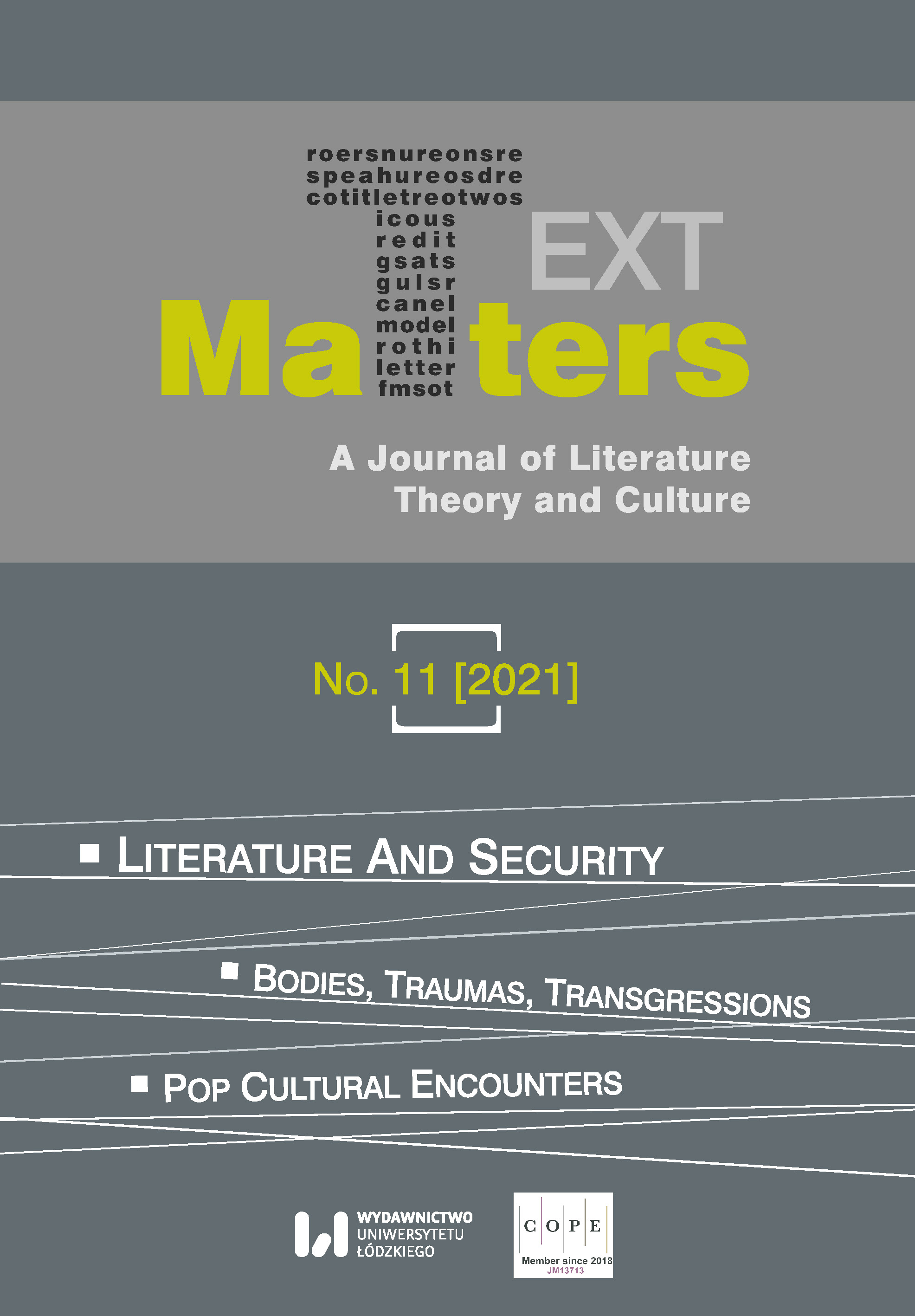Episodic Literary Movement and Translation: Ideology Embodied in Prefaces
DOI:
https://doi.org/10.18778/2083-2931.11.25Keywords:
episode, ideology of representation, translation practices, prefaces, MarxismAbstract
This paper discusses translation practices from a historicist viewpoint, contextualizing them in their emerging “episode.” The latter is a concept drawn from sociology of literature and accounts for the rise of certain discourses and ideologies in a society. On the basis of the argument that translation practices are informed by the general literary and socio-cultural milieu in which they are produced and consumed (also known as ideology of representation), the paper studies the translators’ prefaces to three translations published between 1953 and 1978—a period dominated by Leftist and Marxist discourse in Iran. Drawing on a historically oriented model which holds that the translator’s ideology is revealed at the moment in which he/she chooses a text, and continues through the discourse he/she develops to translate that text, the research embarks on studying translation practices on two levels of choice mechanism and prefaces. Prefaces are discussed in the light of the dominant ideology of representation that is characterized by a revolutionary discourse. The research demonstrates that these translators opted for a strategy that incorporates the translations in the Persian cultural setting with minor changes in a way that politicizes the foreign literature.
Downloads
References
Dabashi, Hamid. “The Poetics of Politics: Commitment in Modern Persian Literature.” Iranian Studies, vol. 18, no. 2, 1985, pp. 147–88. https://doi.org/10.1080/00210868508701656
Google Scholar
DOI: https://doi.org/10.1080/00210868508701656
Daneshvar, Simin. Preface [in Persian]. Cry, the Beloved Country, by Alan Paton, translated by Simin Daneshvar, Kharazmi, 1972, pp. 7–13.
Google Scholar
Daneshvar, Simin. Preface [in Persian]. The Scarlet Letter, by Nathaniel Hawthorne, translated by Simin Daneshvar, Kharazmi, 1967, pp. 1–14.
Google Scholar
Gheisari, Ali. Iranian Intellectuals in the 20th Century. U of Texas P, 1998.
Google Scholar
DOI: https://doi.org/10.7560/728042
Gouanvic, Jean-Marc. “A Model of Structuralist Constructivism in Translation Studies.” Crosscultural Transgressions: Research Methodology in Translation Studies II, edited by Theo Hermans, St. Jerome, 2002, pp. 93–102.
Google Scholar
Jafari, Masoud. “Suvashun.” Encyclopædia Iranica, 12 Apr. 2012, https://www.iranicaonline.org/articles/suvashun accessed 2 Mar. 2021.
Google Scholar
Lashkari, Parviz. Preface [in Persian]. The Waste Land, by Thomas Stearns Eliot, translated by Parviz Lashkari, Nil, 1972, pp. 1–9.
Google Scholar
Malpas, Simon. “Historicism.” Routledge Companion to Critical Theory, edited by Simon Malpas and Paul Wake, Routledge, 2004, pp. 55–65. https://doi.org/10.4324/9780203412688_chapter_5
Google Scholar
DOI: https://doi.org/10.4324/9780203412688_chapter_5
Milani, Farzaneh. “Nilufare abi dar mordab ham miruyad [in Persian].” Nimey-e Digar, vol. 5, no. 4, 1987, pp. 5–24.
Google Scholar
Mirsepassi, Ali. Intellectual Discourse and the Politics of Modernization: Negotiating Modernity in Iran. Cambridge UP, 2000. https://doi.org/10.1017/CBO9780511489242
Google Scholar
DOI: https://doi.org/10.1017/CBO9780511489242
Nabavi, Negin. “The Discourse of ‘Authentic Culture’ in Iran in the 1960s and 1970s.” Intellectual Trends in Twentieth-Century Iran: A Critical Survey, edited by Negin Nabavi, UP of Florida, 2000, pp. 91–108.
Google Scholar
Saleki, Fereydun, and Nader Ebrahimi. Preface [in Persian]. Cry, the Beloved Country, by Alan Paton, translated by Fereydun Saleki and Nader Ebrahimi, Amir-Kabir, 1969, pp. 1–6.
Google Scholar
Shahidian, Hammed. “The Iranian Left and the ‘Woman Question’ in the Revolution of 1978–79.” International Journal of Middle East Studies, vol. 26, no. 2, 1994, pp. 223–47. https://doi.org/10.1017/S0020743800060220
Google Scholar
DOI: https://doi.org/10.1017/S0020743800060220
Simon, Sherry. “Translating the Will to Knowledge: Prefaces and Canadian Literary Politics.” Translation, History, Culture, edited by Susan Bassnett and André Lefevere, Pinter, 1990, pp. 110–16.
Google Scholar
Tahir-Gurçağlar, Şehnaz. “What Texts Don’t Tell: The Uses of Paratexts in Translation Research.” Crosscultural Transgressions: Research Methodology in Translation Studies II, edited by Theo Hermans, St. Jerome, 2002, pp. 44–60.
Google Scholar
Talattof, Kamran. The Politics of Writing in Iran: A History of Modern Persian Literature. Syracuse UP, 2000.
Google Scholar
Venuti, Lawrence. The Scandals of Translation: Towards an Ethics of Difference. Routledge, 1998.
Google Scholar
DOI: https://doi.org/10.4324/9780203269701
Venuti, Lawrence. “Translation, History, Narrative.” Meta, vol. 50, no. 3, 2005, pp. 800–16. https://doi.org/10.7202/011597ar
Google Scholar
DOI: https://doi.org/10.7202/011597ar
Von Flotow, Luise. “Women, Bibles, Ideologies.” TTR: Traduction, Terminologie, Redaction, vol. 13, no. 1, 2000, pp. 9–20. https://doi.org/10.7202/037390ar
Google Scholar
DOI: https://doi.org/10.7202/037390ar
Published
How to Cite
Issue
Section
License

This work is licensed under a Creative Commons Attribution-NonCommercial-NoDerivatives 4.0 International License.













